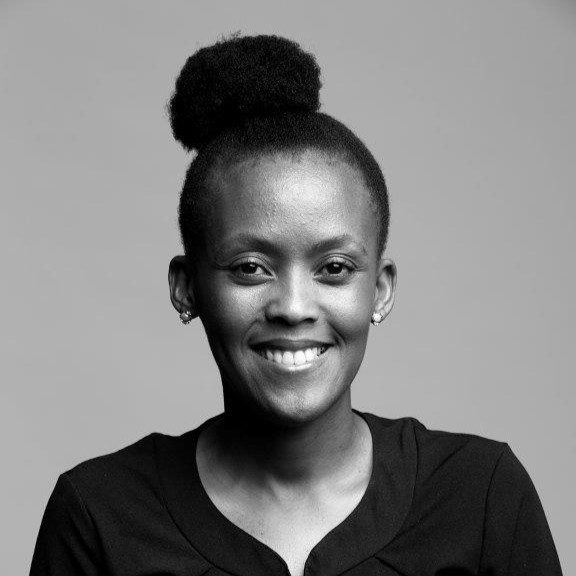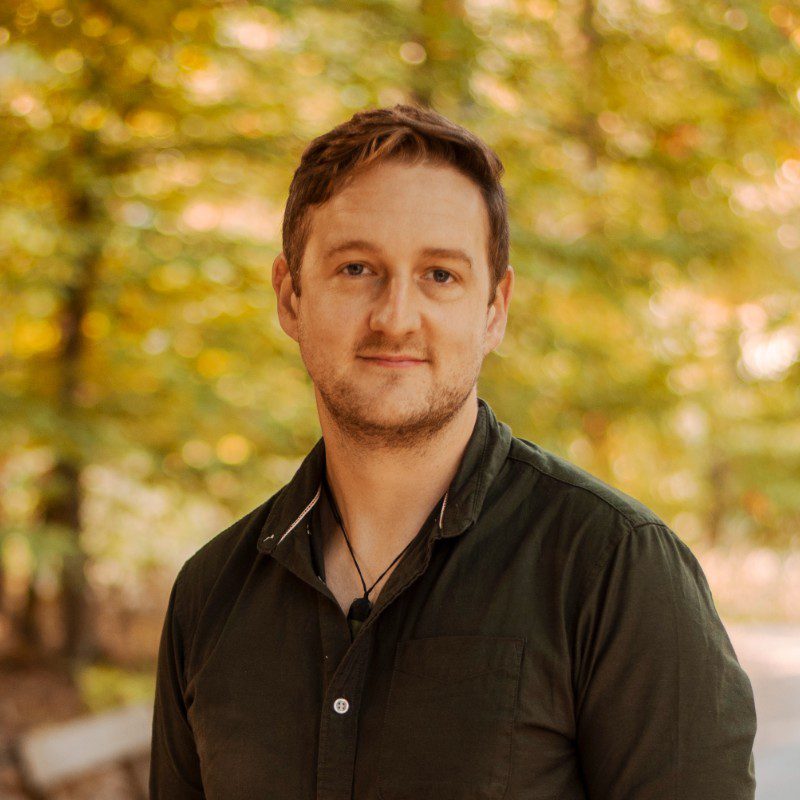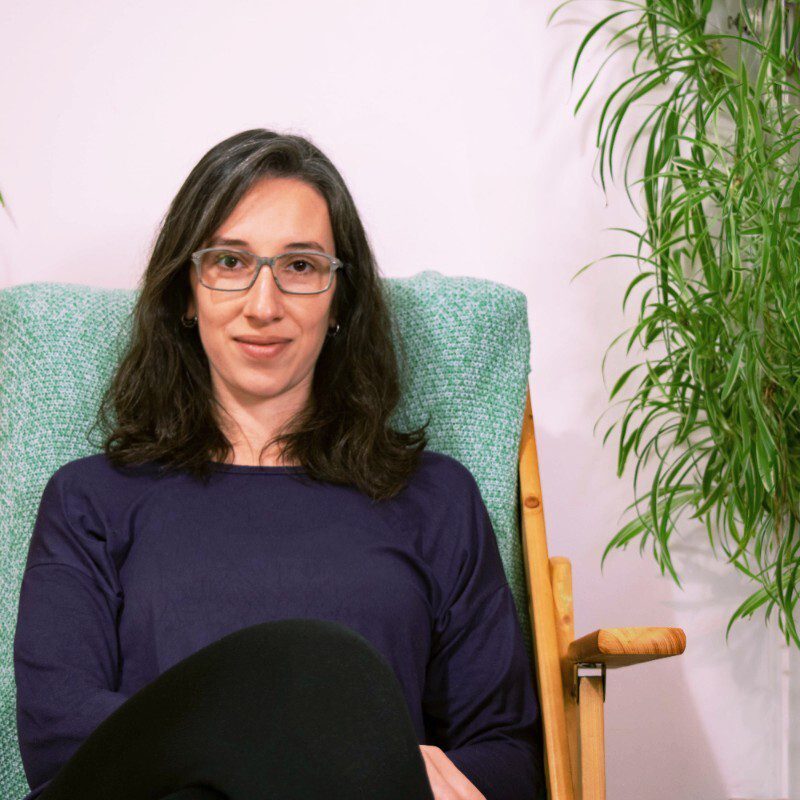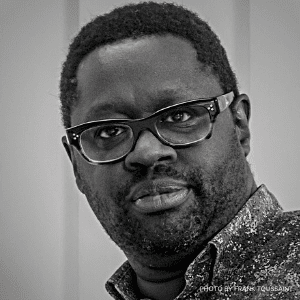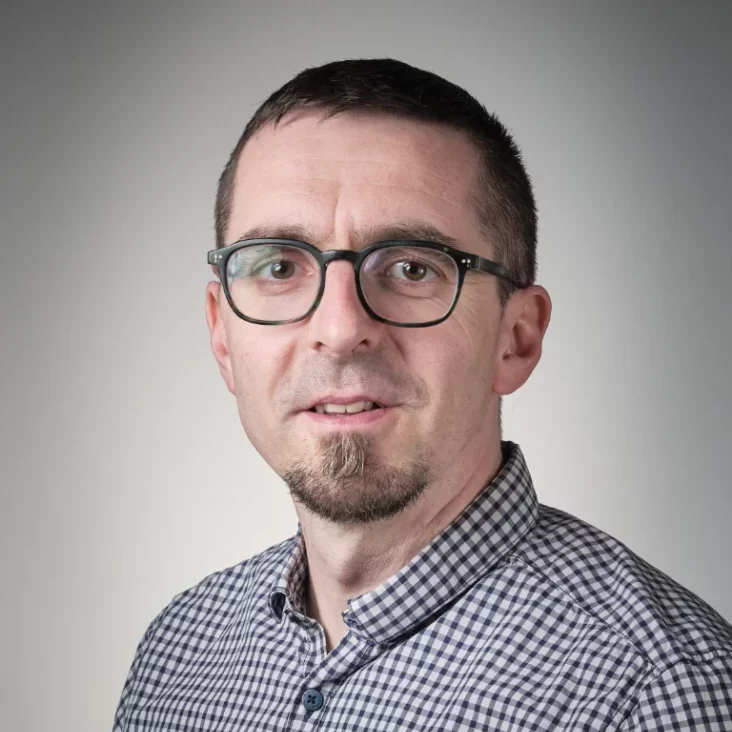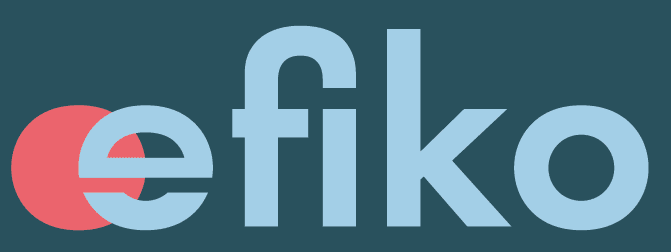What motivated you to take the Structuring Hybrid Impact Investments course?
What did you think of the course’s hybrid structure, i.e., live online sessions plus self-paced content?
What was the main takeaway for you from the course?
The practical examples as well, from funders, business owners and fund managers were so useful. Listening to them speak honestly about their experiences of what works and what doesn’t was incredibly valuable and is something that I’m referring back to when I’m dealing with my clients. The course adds so much depth of knowledge in a very short space of time. We’ve advanced as a business in terms of our knowledge because we had access to this knowledge hub that we still keep coming back to, time and time again. The quality of the facilitators, who were extremely knowledgeable, was a great differentiator.”
And how you’ve applied the learnings from the course to your work?
The second instance was whilst working with a client who plays in the early childhood development space. I’ve been able to refer back to the list of funders mentioned in the course and check whether I could match my client with some of these funders. I didn’t expect to get this list, it went above and beyond in terms of value. I’ve also shared the perspective of the entrepreneurs that were available on the course with my client, who has greatly benefited from learning what it takes to make it a social enterprise.”
Is there any advice you could give for people who would like to work in impact investing?
“Learn as much as you can on impact investing – sign up for webinars and newsletters, and maybe seek other professionals. I’d say you have to do a course to get to grips with the core concepts and to learn about the different approaches that you could take whilst operating in the impact investing space.
Being part of a community and network is also quite useful because there are so many actors that are involved in this field. You have to understand that this is an ecosystem that requires all the actors to play a certain role. To succeed, you need to be active in the ecosystem, read up on impact investing, or better, go do a course. If you’re an entrant to the field, start with the basics and then keep levelling up depending on the role you want to play. I think this also applies to people already doing a certain level of impact investing, without necessarily defining it as impact investing. Knowing the specific concepts and the terms and the finer details is necessary so that your base is superficial and so you can back it up with detailed knowledge.”
Do you have any next steps after taking the course?
“I’ve now signed up for the Theory of Change course so that I can help the smaller businesses that I work with. I saw the gap in my team and knew that we needed to sort out our idea of change and be able to articulate it as well. We want to advise our business clients on how to design the idea of change and the system related to that, so first, I need my team and I to have a really good grasp of it.”

